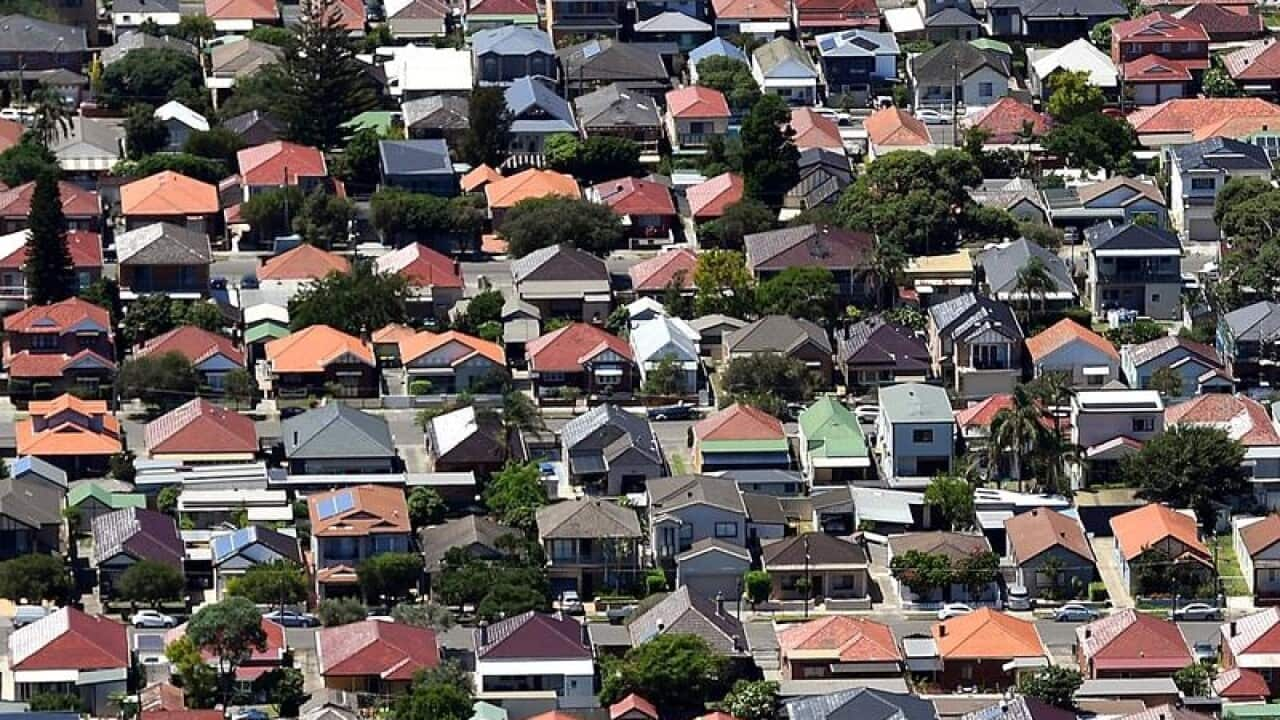Reserve Bank governor Philip Lowe has sought to hose down concerns over declining house prices in Sydney and Melbourne, saying they should not come as a surprise and aren't all bad news.
The central bank boss also stressed the cooling prices are not expected to derail Australia's economy,
"It will put our housing markets on more sustainable footings and allow more people to purchase their own home," he told a parliamentary committee hearing in Sydney on Friday.
"So there is a positive side too."
Dr Lowe said the RBA will keep a close watch on the impact declining prices may have on household spending and construction activity.
But things must be kept in perspective, with the price drops occurring alongside positive conditions such as low unemployment, low interest rates and strong population growth.
"What we are witnessing is largely the working through of shifts in supply and demand for housing due to structural factors," he said.
"In both markets, it took a long time for supply to respond to faster population growth, so prices went up. And now that supply has responded, some of the earlier increase in prices has been reversed.
"It shouldn't be a surprise."
Labor MP Matt Thistlethwaite pointed to comments from NAB which have suggested there may now be an oversupply of apartments in Sydney and Melbourne.
But Dr Lowe said he doesn't believe there are too many dwellings being built.
"I don't see signs of fundamental disequilibrium between supply and demand now in the market," he said.
"In some part of Sydney, maybe, there are a few too many apartments, but if you look at Sydney as a whole, I don't think we've built too many dwellings."
His comments come after the minutes from the RBA's February policy meeting, released on Tuesday, flagged "significant uncertainties" about the economic outlook, particularly how sliding home prices might affect consumer spending.
The Australian dollar dipped after the minutes were released.
House prices fell by 4.8 per cent nationally in 2018, according to CoreLogic data, and are expected to continue declining this year.
Treasury secretary Philip Gaetjens told a Senate estimates hearing on Wednesday that as long as prices don't drop steeply, his department isn't stressed.
"I don't think from a policy point of view, there's much concern."
Share

